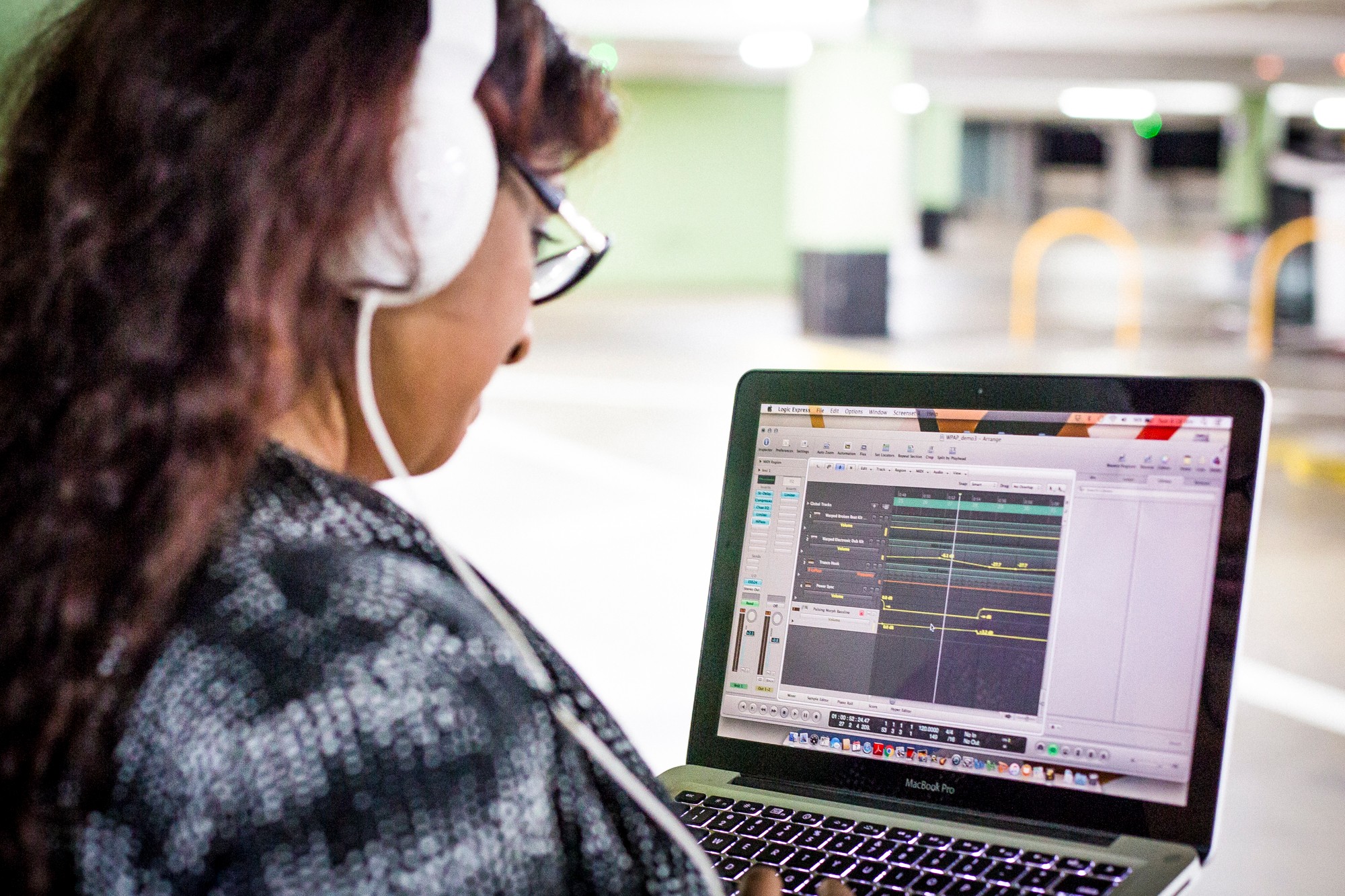We caught up with the brilliant and insightful Anisha Thomas a few weeks ago and have shared our conversation below.
Anisha, looking forward to hearing all of your stories today. Learning the craft is often a unique journey from every creative – we’d love to hear about your journey and if knowing what you know now, you would have done anything differently to speed up the learning process.
Composing and creating music has been a 90% self-taught process that has involved deep-diving into the unknown and discovering what my true musical voice and calling was. I must reiterate that this statement is not intended to discredit a teacher’s role or even educational institutions. Teachers are the foundation to all education, especially within the field of music. Specifically for a composing teacher or any teacher in the music specialty, it is about uncovering the student’s unique voice and guiding them to reach their higher potential.
I have immense gratitude and admiration for some of the teachers and mentors that have been part of my journey. Learning piano and music theory in my childhood and teenage years, and then moving on to learn more about music technology and the art of composition itself at university served as incredible gateways to my path as a composer.
However, music composition is still a self-taught process because it requires a composer to undertake the imperative responsibility to find their own starting point and make the commitment to continually discover their musical identity and path. This is something I wish I had come into greater acceptance of earlier on, in order to speed up my learning process.
The skill set for a composer, especially one that works professionally, is constantly adapting. This is due to external circumstances such as technological advancements and industry challenges that have heightened over the last few years. Aside from the craft of composing, which is a long-haul, never-ending yet exciting journey, having a grasp of music production and technology is becoming even more important. What is also equally important, is business and industry skills and knowledge as well as entrepreneurship. For so long, artists are made to focus on their art, but knowing how to navigate an industry and essentially make a living is one of the greatest challenges.
The main challenge I faced in my learning journey was not being taken seriously and subsequently lacked support when I wanted to pursue music further. This is why I feel it is essential for musicians and composers to find and define their own individual path, even if others cannot comprehend it yet!
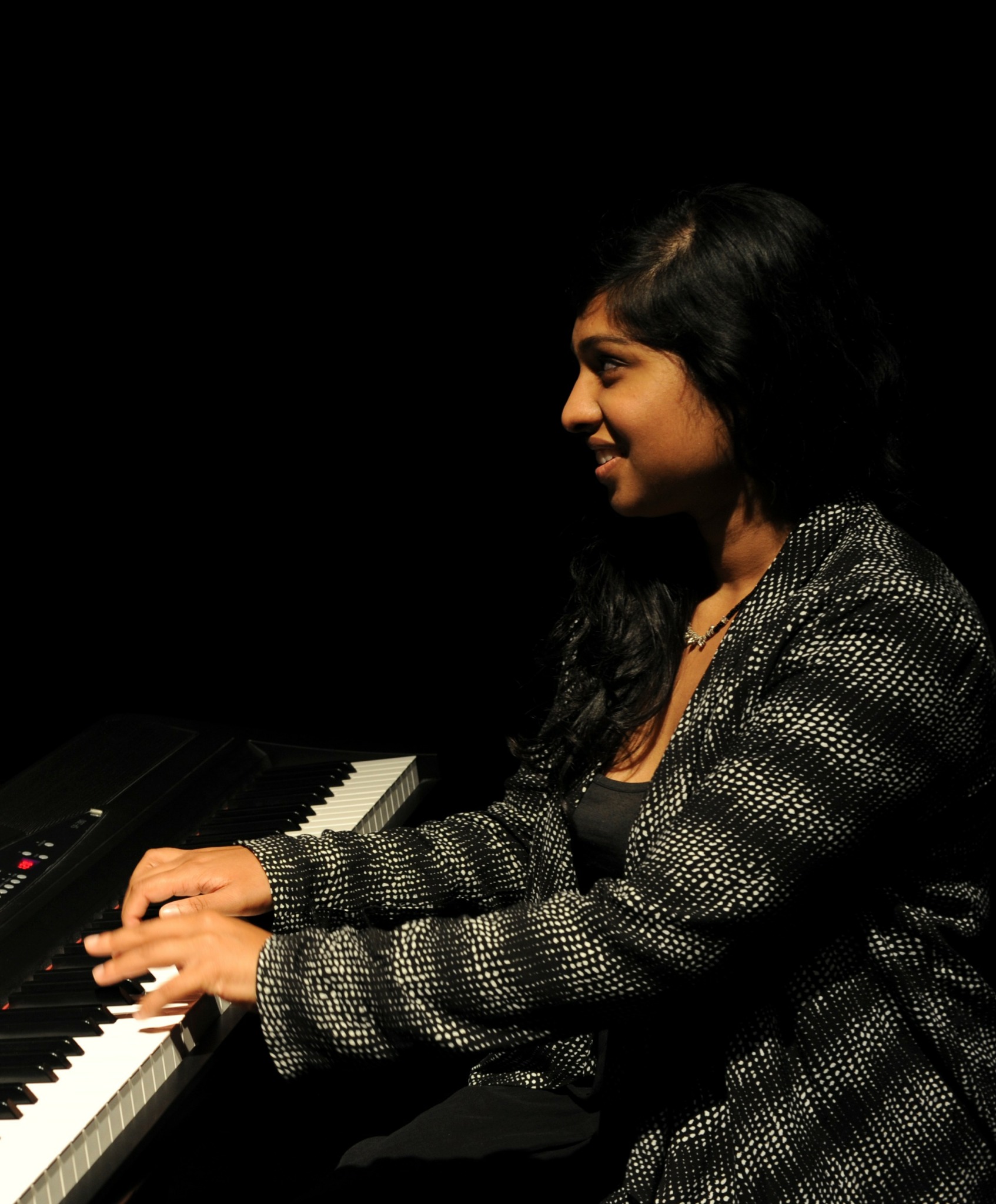
Awesome – so before we get into the rest of our questions, can you briefly introduce yourself to our readers.
My launchpad to becoming a professional film composer, was building connections with filmmakers and composing the score for their film/tv/media project. My non-film music endeavors include composing and performing standalone music, as well as collaborating with other artists and musicians. I have also worked with choreographers, composing music for their dance productions. In the last two years, I’ve also taken a deep dive into the web3/tech/XR space, and its limitless and untapped possibilities for creative endeavors!
As a music creator, expressing my eclectic musical voice on the projects I work on as a composer has played quite a definitive role in my musical journey. My composing process is highly intuitive, driven by connection to ‘music’s source’, which to me is timbre (electronic and acoustic instruments and sound sources), pitch and frequency. Focusing on these elements gives me the musical foundation to compose music that can be more connective on a deeper visceral level.
For over a decade, my journey as a composer in the professional world has seen its share of peaks and troughs. Not being taken seriously and being discouraged from pursuing a professional music career has often been a recurring theme throughout my journey, but this also became the catalyst for starting my business.
Sound-how is a diverse and inclusive platform I founded in late 2017 for music and sound, which reaches out to the wider community with masterclasses, talks, online programs and resources. We also work with other arts and education organizations and institutions running masterclasses and professional development programs in music.
Last year we launched our coaching/career accelerator program, which focuses on professional development that is designed to help aspiring and early career composers undertake their professional pursuits. The program provides assistance in developing their skills and knowledge as well as helping them keep on track with their career goals.
We also launched a consultation program for music creators who have more directed and specific needs, usually only requiring a one-off session. This program is also open to other creative professionals such as film professionals and content creators as well as tech professionals such as gaming and XR developers, who may need assistance in navigating music enquiries such as sourcing, placement and licensing.
Our diverse and inclusive approaches in our online programs, talks and masterclasses and advocacy for championing other women, gender diverse and minority individuals in music and sound, are what makes us unique. As a woman of color, I have firsthand experience of the additional challenges minorities face within the arts and entertainment industry. Creating a much-needed safe space for others to learn, as well as providing a platform for women, gender diverse and minority individuals to showcase their expertise is our main mission.
Over the years, the arts and entertainment industry has faced a great deal of continual upheaval. We have faced unforeseen challenges such as a pandemic, industry strikes and the perceived threats of AI to our future livelihoods. However, amongst the looming uncertainty poses opportunity for composers and other artists to undertake their career pursuits. As I mentioned before, the roles, duties and even the job description of a professional composer is adapting. With this evolution, we see new skills becoming more relevant to undertaking professional pursuits within composing.
Not too long ago I gave a Masterclass at a University and experienced first-hand the gratitude of the students when I covered industry basics and skills in our session. The majority of these students were at the end of their degree and had no idea how to negotiate their fees, licensing and rights terms, let alone find work or job prospects within their field. Prioritizing entrepreneurship, industry knowledge and skills, creative innovation and especially marketing is increasingly becoming a requirement for composers and other music creators but is an often overlooked part of a musician’s study. This is why we have a devoted focus to covering these topics in our masterclasses, online programs and resources – To provide the new generation of composers and music creators the professional confidence to undertake their creative pursuits.
I am incredibly honored to have received certain awards and recognition over the years, as well as work on incredible projects that have seen cinema, TV and streaming service distributions such as Apple TV and Amazon Prime. Although, what makes me most proud is the approaches and steps I have taken to get to where I am now. It is knowing that doing things differently, taking leaps into the unknown, but most importantly being self-led, always pays off!
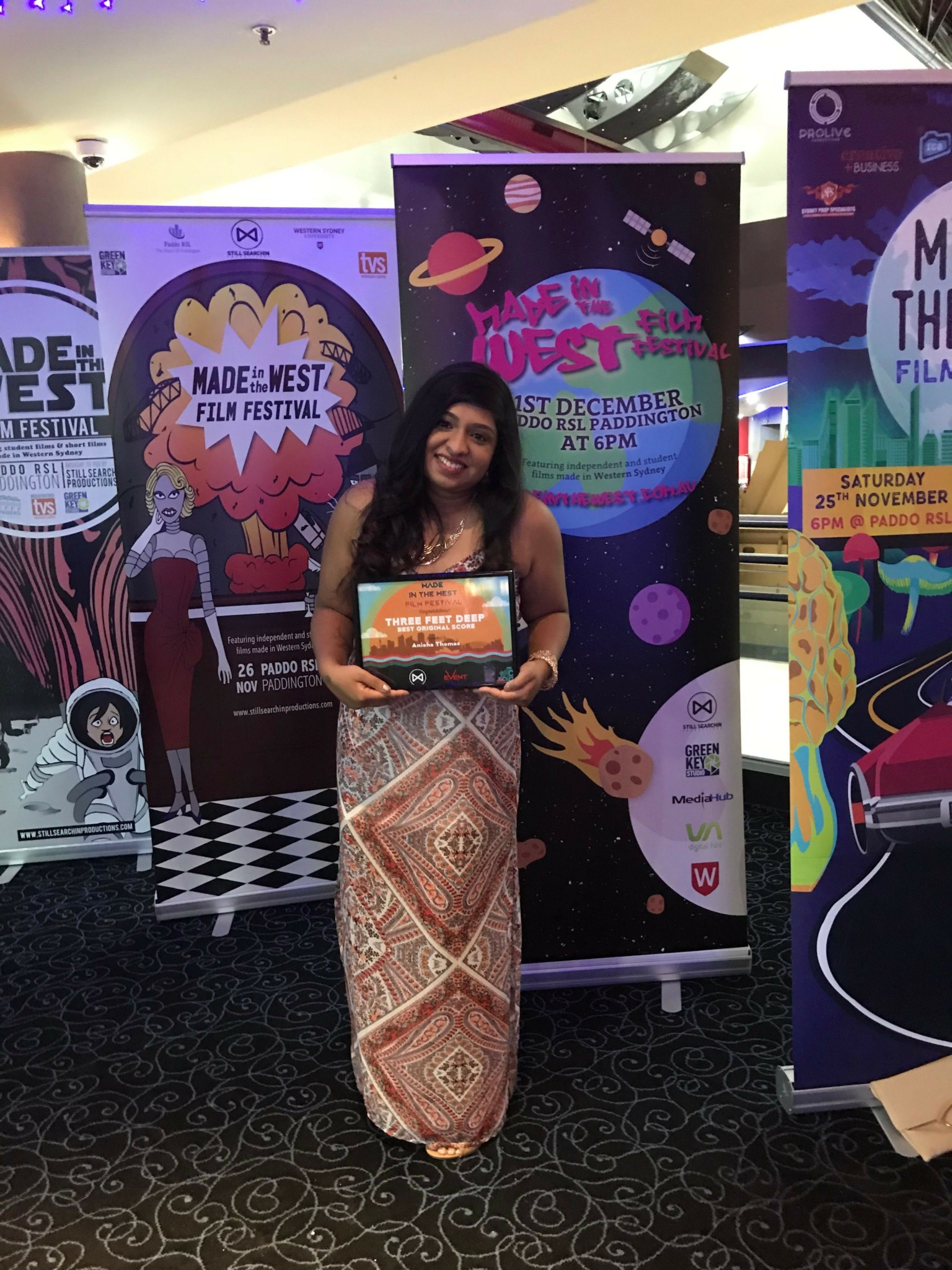
Is there a particular goal or mission driving your creative journey?
My experiences as a woman of color navigating and facing the challenges of being a creative, have required me to take unconventional pathways to build my career and presence as a composer. I am continually driven by my mission to provide new opportunities for others, inspire innovation and creativity—not just in terms of the art itself, but also to empower the wider community to harness their own creative voice and potential.
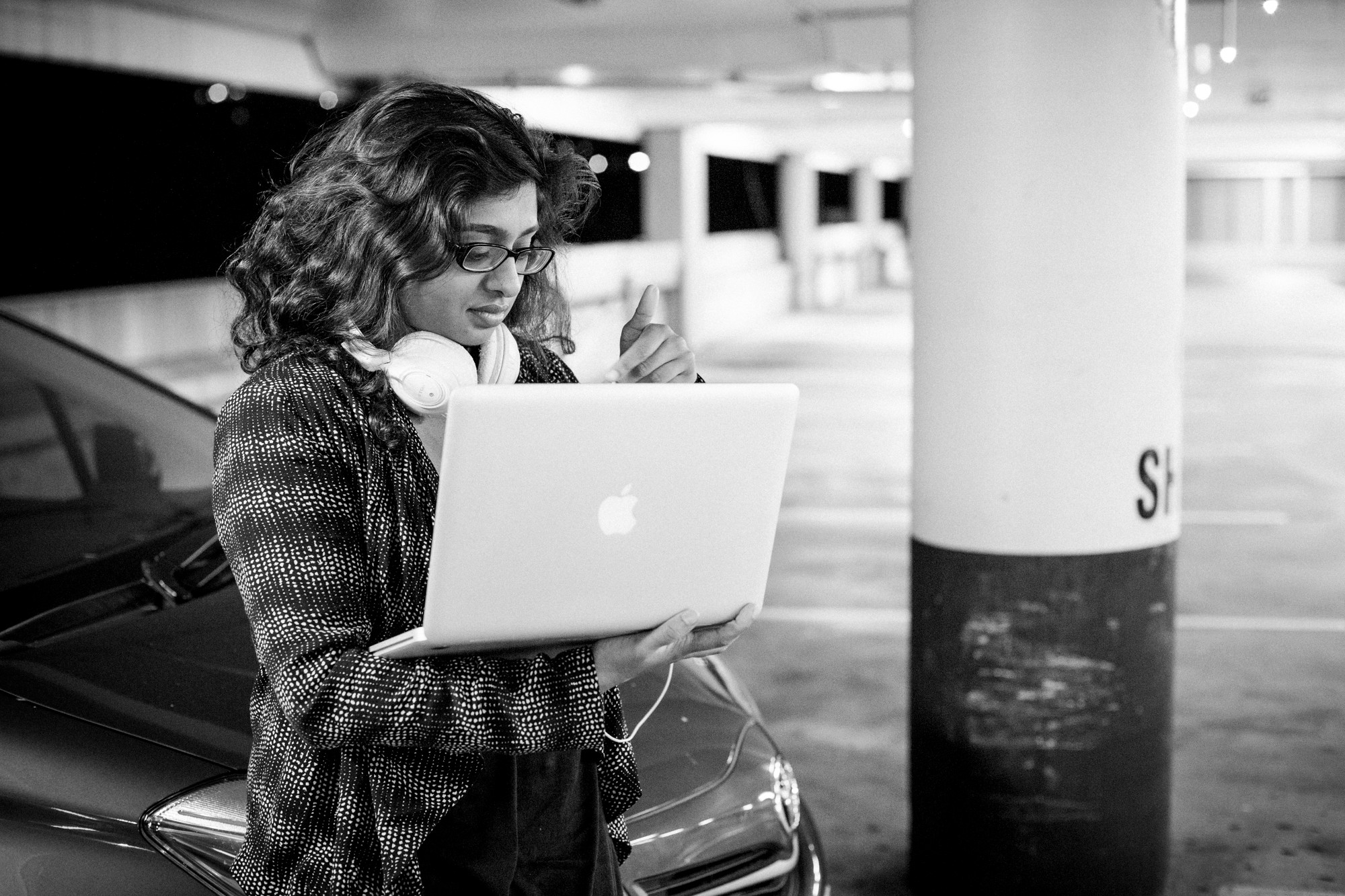
Do you think there is something that non-creatives might struggle to understand about your journey as a creative? Maybe you can shed some light?
I find a lot of non-creatives that I come across struggle to understand the journey as a creative, overall. I have even come across the misconception that our creative and artistic endeavors are these frivolous or even elitist engagements. It often stems from the lack of awareness and understanding of our roles, responsibilities, and the work we do. Music and the arts awakens the wider community to their greater purpose and understanding of themselves and each other. As creatives and artists, we are also healers, teachers, entrepreneurs, and business owners who provide a service and a product, which is continually being consumed, whether we are conscious of it.
Seeing the value of the arts not just for the art itself, but for its ability to develop our emotional intelligence, understanding of ourselves and others, as well as for its healing possibilities, is essential for society as a whole.
Contact Info:
- Website: https://www.sound-how.com/
- Instagram: https://www.instagram.com/sound_how/
- Facebook: https://www.facebook.com/soundhowinternational/
- Linkedin: https://www.linkedin.com/company/sound-how/
- Youtube: https://www.youtube.com/@sound-how
- Soundcloud: http://soundcloud.com/anishathomascomposer
- Other: https://www.anishathomas.com/
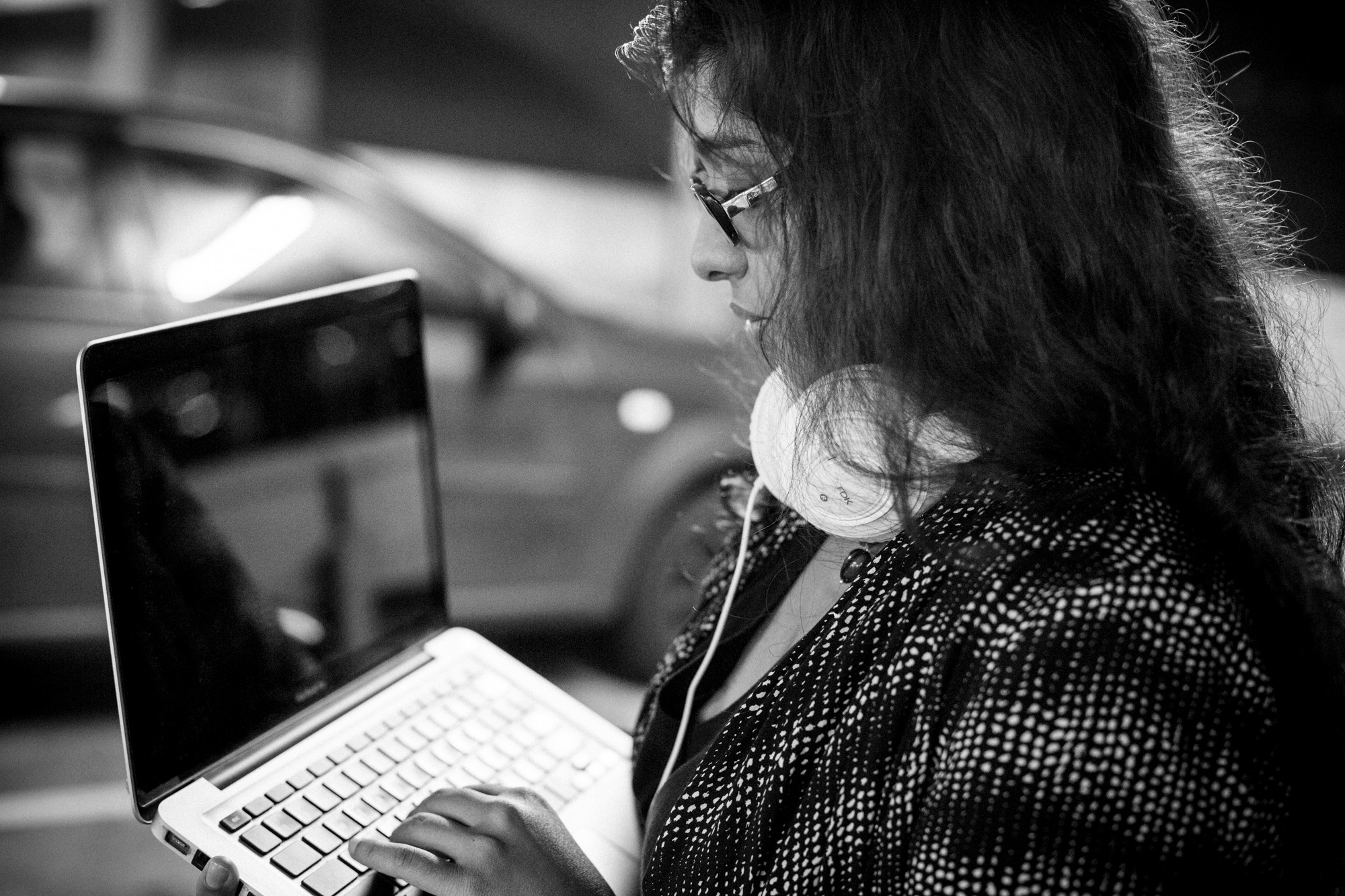
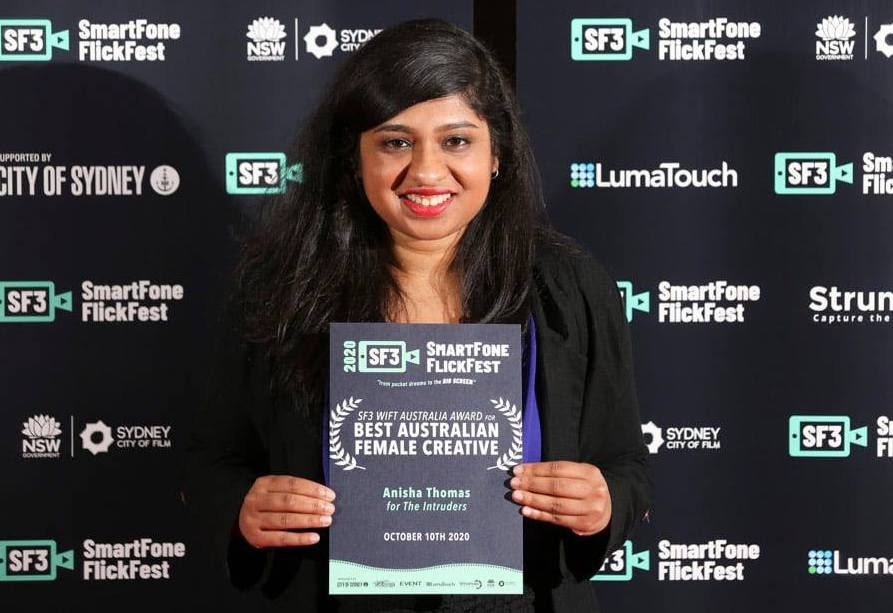
Image Credits
Matt Cornell, Shweta Pai


